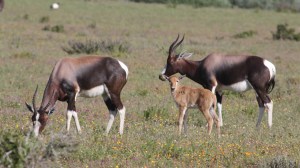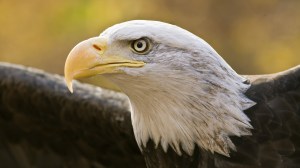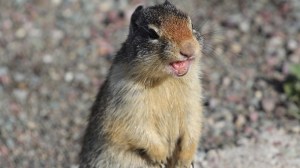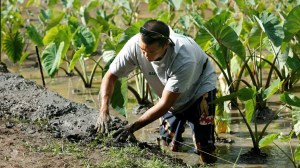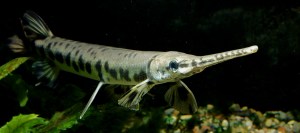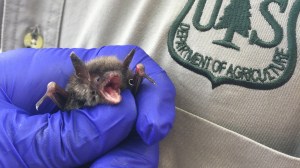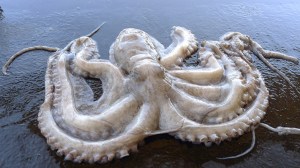Director of Science Communications
Page 47
-
Bontebok Can’t Jump: The Most Dramatic Conservation Success You’ve Never Heard About
It's a story largely forgotten: Bontebok, an antelope endemic to the South African Cape, were once reduced to 17 animals. What saved them? The answer will surprise you.
Matthew L. Miller
-
The Best Places to See 10 Iconic American Animals
What better way to celebrate the July 4 holiday than with some iconic American animals. Here's our list of the best places to see some of the coolest critters in the US.
Matthew L. Miller
-
Is Mammal Watching the Next Birding?
Aside from some highly recognizable species, most mammals are elusive, nocturnal and difficult to spot. And so keeping life lists of mammals has never caught on. But could a new book change that?
Matthew L. Miller
-
Can Traditional Agriculture Restore the Reef?
Ninety percent of the land was covered with invasive weeds. But that degraded land could hold the key to restoring the reef on the island of Oʻahu. Just add agriculture.
Matthew L. Miller
-
It’s Time to End the Gar Wars
Imagine anglers piling hundreds of dead trout they've killed along stream banks. Not gonna happen, right? But it's still happening with gar, and outdoor magazines celebrate it. Why it's time to end the gar wars.
Matthew L. Miller
-
Bananas to Bats: The Science Behind the First Bats Successfully Treated for White-Nose Syndrome
Last week, the first bats successfully treated for white-nose syndrome were released back into the wild. A look at the surprising science behind this good news story.
Matthew L. Miller
-
Got Gonads?
Everyone knows her as the gonad girl. And she owns it. Social media meets traditional knowledge in an effort to improve Hawaiian fisheries management.
Matthew L. Miller
-
The Octopus’ Birthday: Understanding an Intelligent & Elusive Marine Creature
Science sheds new light on octopus intelligence, as the animals open jars and pick Super Bowl winners. But despite all that attention, remarkably little is known about their life history in the wild.
Matthew L. Miller
